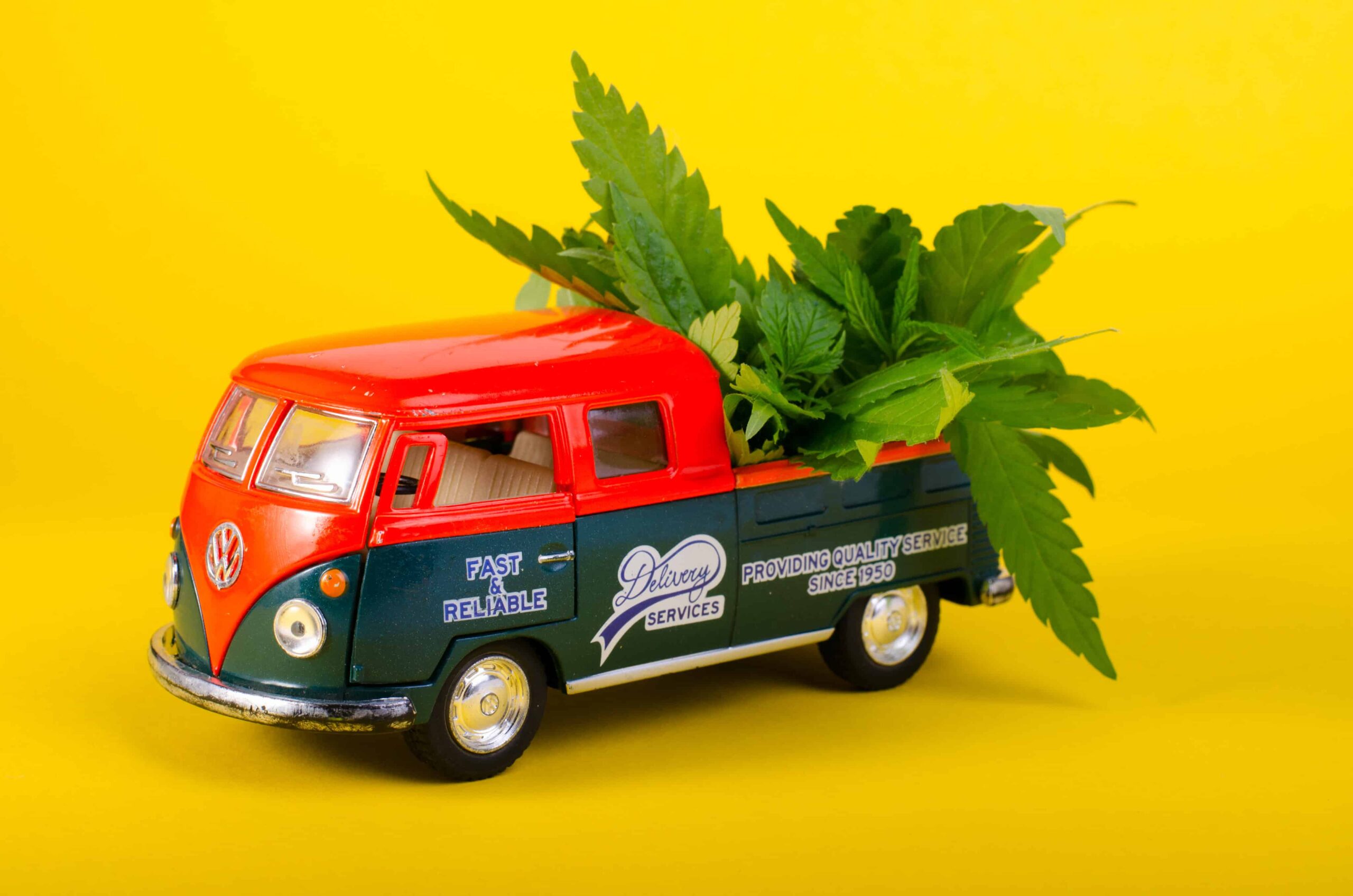
Denver Weed Delivery Services face mile-high challenges
When city officials in Denver, Colorado, approved home delivery of cannabis products last April, licenses for cannabis delivery services were reserved for a three-year period for social justice businesses. Under the plan, delivery services from entrepreneurs adversely affected by the War on Drugs would work with the city’s licensed marijuana dispensaries to complete customer deliveries.
The goal of the plan was to help create a diverse cannabis industry in the city while providing a path to business ownership in the regulated market for people harmed by marijuana prohibition policies. To qualify, owners or a family member had to have been arrested or convicted of a marijuana offense, or applicants had to meet certain residency requirements. But more than a year into the program’s inception, owners of social justice cannabis delivery services in Denver are facing challenges that threaten the viability of their businesses.
Business owners and regulators cite high licensing costs, a saturated cannabis market, and a lack of support from retailers as some of the barriers to success in the industry. Of Denver’s 206 licensed cannabis dispensaries, only nine have chosen to partner with a social equity firm to offer delivery service to their customers. Molly Duplechian, the executive director of the Denver Department of Excise and Licenses, said many pharmacies may wait for the three-year exclusivity period on social justice delivery services to expire before starting their own home delivery programs.
“What we’ve heard is that some of the existing industry may have been waiting for exclusivity or invested in a social justice van and then planned to move in two years to do their own delivery,” Duplechian told local media.
The high cost of getting people high
Some retailers cite the high permit fees associated with the launch of home delivery services, while others note high delivery fees and difficulties in updating existing ordering software to integrate with delivery partner processes. Others say that with so many weed shops in the city, most customers would rather shop in person than pay extra for delivery. Whatever the reason, the challenges have become insurmountable for some delivery business owners.
In August 2021, marijuana delivery service Dooba made headlines for becoming the first company to legally deliver cannabis in Denver. Ari Cohen, the company’s owner, qualified as a Social Justice Claimant based on a previous marijuana conviction. But less than a year after the first headline-grabbing shipment, Cohen’s business faltered and he closed Dooba.
“About a month before the license renewal was due, we decided not to proceed,” Cohen told Westword. “There was a significant cost involved, and we had limited and stagnant growth.”
“The more regulations we have to comply with and the more fees we incur, the more difficult it becomes for businesses and the more resources it takes to meet those requirements,” Cohen said. “Cannabis is one of the most heavily regulated industries in Colorado, and with that comes a lot of high costs. Businesses are closing because they can’t make ends meet. You’re already seeing it out here in shop groups and breeds.”
At least one other company, Mile High Cargo, is also refusing to renew its license, according to Eric Escudero, a spokesman for the Department of Excise and Licensing. Michael Diaz-Rivera, a social holdings owner who runs Denver-based Better Days Delivery, said the fact that Dooba is ceasing operations does not bode well for other Denver cannabis delivery services.
“[Cohen] had the business chops. … He had more partners in pharmacy than I did,” Diaz-Rivera told Politico. “Am I just throwing money into a bottomless pit because I was sold this dream of generational wealth that may already be over?”
Noting how few Denver cannabis dispensaries have partnered with social justice delivery services, Diaz-Rivera believes many retailers are waiting for the end of the three-year exclusivity period before launching their own cannabis home delivery services.
“A year and a half has already passed [with] this exclusivity. And the pharmacies are just waiting for it,” said Diaz-Rivera. “What good is it to us if they know they can just wait?”
Denver proposes to expand social justice exclusivity for cannabis supply
To support the city’s social justice cannabis delivery services, Denver officials have proposed making cannabis delivery licenses permanently exclusive to social justice businesses.
“We’ve been in the process of rolling out deliveries for a year, but also rolling out our social justice program. And based on the feedback we’ve heard from our carriers and industry, there simply isn’t a high level of industry involvement,” said Molly Duplechian, executive director of the Denver Department of Excise and Licenses. “So we want to give our social justice agents the assurance that they have a path that extends beyond the next two years.”
The proposal also includes a reduction in licensing fees for social justice delivery services and the retail pharmacies that work with them to offer home deliveries.
“Some fees go from $2,000 down to $25. So we’re really trying to reduce and eliminate any obstacles that are in the way,” Duplechian said.
The Department of Excise and Licensing expects to finalize its proposed changes to the Social Justice program before submitting them to the Denver City Council. According to media reports, if the proposal is accepted by the Council, it would come into force within a few weeks.

Post a comment: